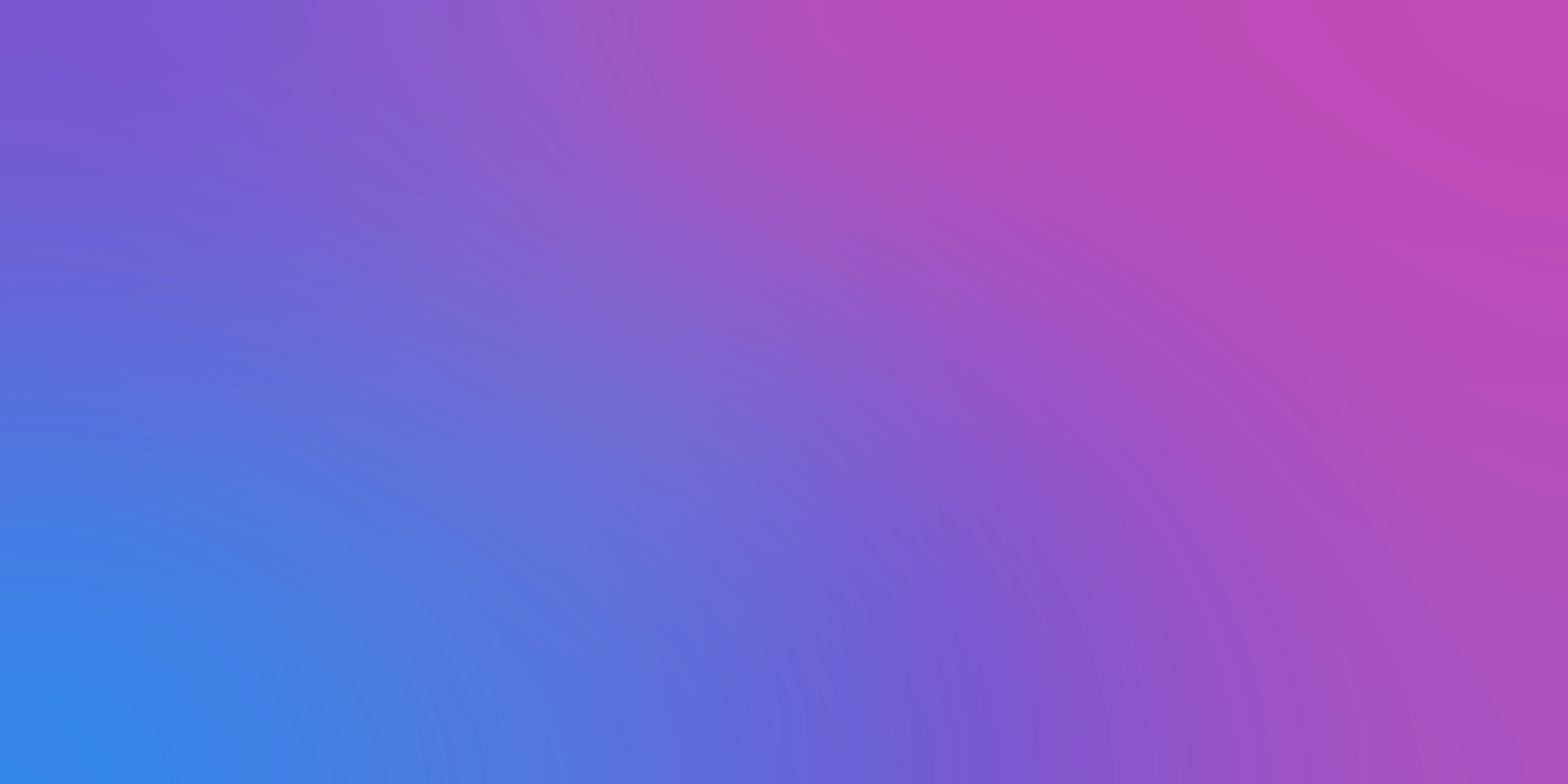Letting go of a steady paycheck is terrifying for most people, did you have a financial safety net or a back-up plan? If so, how much did you save?
I left my corporate job when Hero had already proven there was product market fit and when I knew I’d be taking a salary soon. Even now, I don’t take a large salary so the personal finance topic is definitely a big subject to consider. I did have savings and had some consulting projects on the side to help with any gaps.
As an entrepreneur, you will feel “cash poor, equity rich” for a while. I’ve realized that if you’re starting something, you definitely need either a cushion and runway in your personal finances or you need to raise money. Even if you raise money, until the company really starts taking off, your salary will probably be minimal. If you are part of a couple, married or otherwise, it can help if the other person has a steady paycheck. My husband is also an entrepreneur so we’re both still in investment mode for our businesses.
How have your conceptions of financial stability changed since starting your own company?
I don’t doubt that Hero will be successful. Actually, I’d say it already is. The question is how successful can it be and what is the right strategy and planning to ensure that my own personal financial stability is secure. There can be a lot of benefits to being a business owner. If most of your wealth and earnings is in stock and capital gains, you pay a lower tax rate than ordinary income. Also, your net worth is tied to your company, so if your company is doing well, you can have a high net worth.
The downside is the “cash poor, equity rich” part. It’s not always easy to get your company stocks liquid. You need liquidity moments—either outside investment where you take money off the table or an acquisition. You need to translate your stock in your company to actual dollars because, at the end of the day, that’s how you will pay bills.








